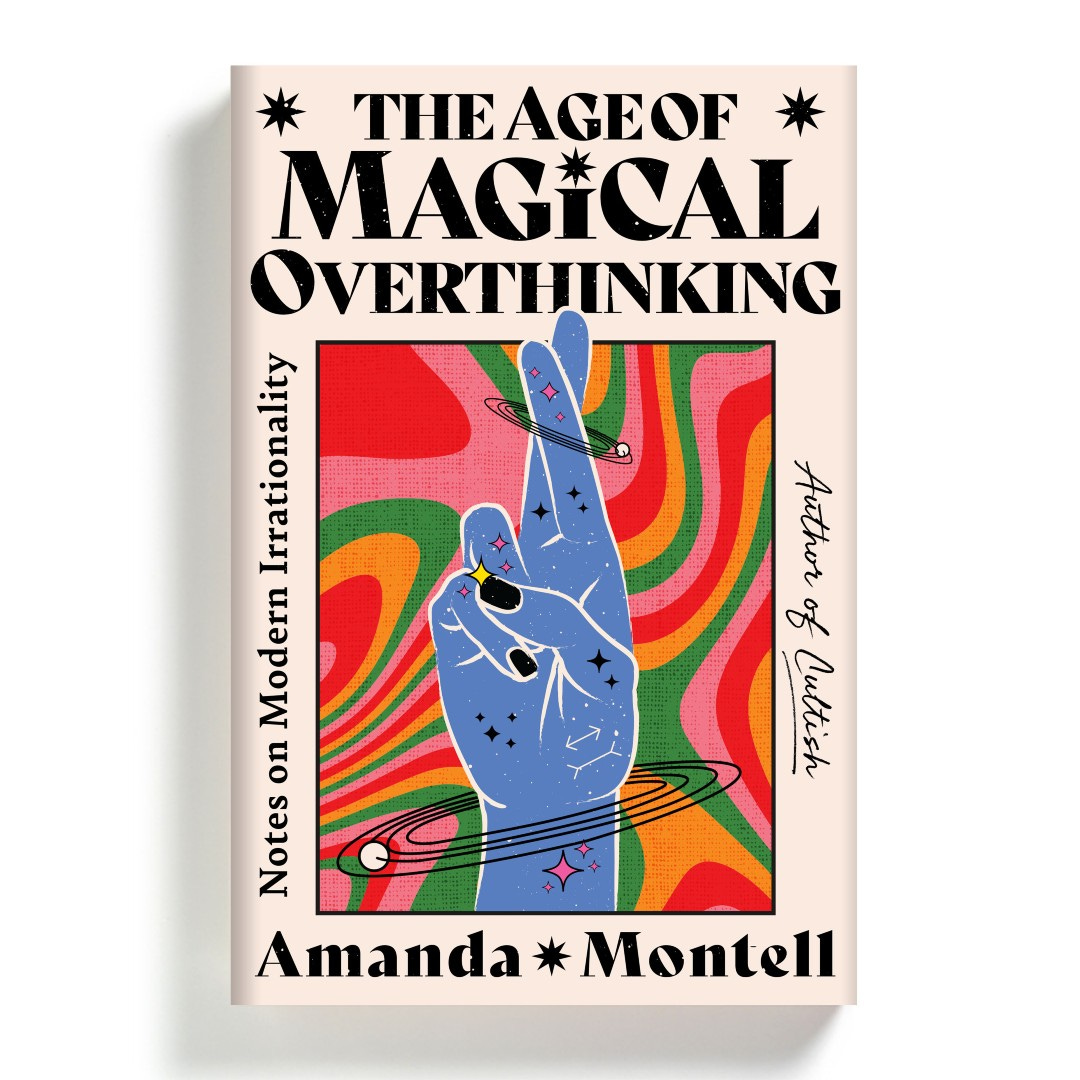Explaining “magical overthinking”
My book team interviewed me about what in the thought spiral this project is all about. So I thought I’d share it with you!!
My book team gave me a questionnaire about The Age of Magical Overthinking to share with the press. Since the book comes out so soon, I thought I’d share it with you newsletter subscribers, too.
Your first two books, Wordslut & Cultish, focused — in broadest strokes — on the language of feminism and the language of fanaticism. How did you come to explore cognitive biases in THE AGE OF MAGICAL OVERTHINKING?
My interest in cognitive biases, and digital-age delusion in general, sprouted from the research I was doing for Cultish. While looking into the social science of cults, I wound up unlocking a trap door to all this fascinating decision science that explained way more than cult behavior. I’d vaguely heard of confirmation bias and the sunk-cost fallacy before writing this book, but hundreds of other cognitive biases have been described, and in the modern age, they work to sway our thinking in furtive, fascinating, and sometimes catastrophic ways. It’s no secret that we’re living through a mental health crisis: we’re isolated, burnt out on screens, losing faith in everyone’s humanity, overthinking ourselves to death. Learning about cognitive biases was the one thing that help me make sense of the senseless.
For the purposes of Cultish, I had to stick to writing about language, but I knew right away that my next book would be an exploration of magical thinking in the modern age, both the beauty and folly of it. My books so far have used sociolinguistics as a lens to investigate how people form connections and wield power; this book’s framework is almost more existential, cutting to the marrow of why we are the way we are at this moment in time. It’s also much more personal than anything I’ve written before, which the subject matter basically demanded of me. I had no business writing a book about behavioral economics unless vulnerability was the way in.







